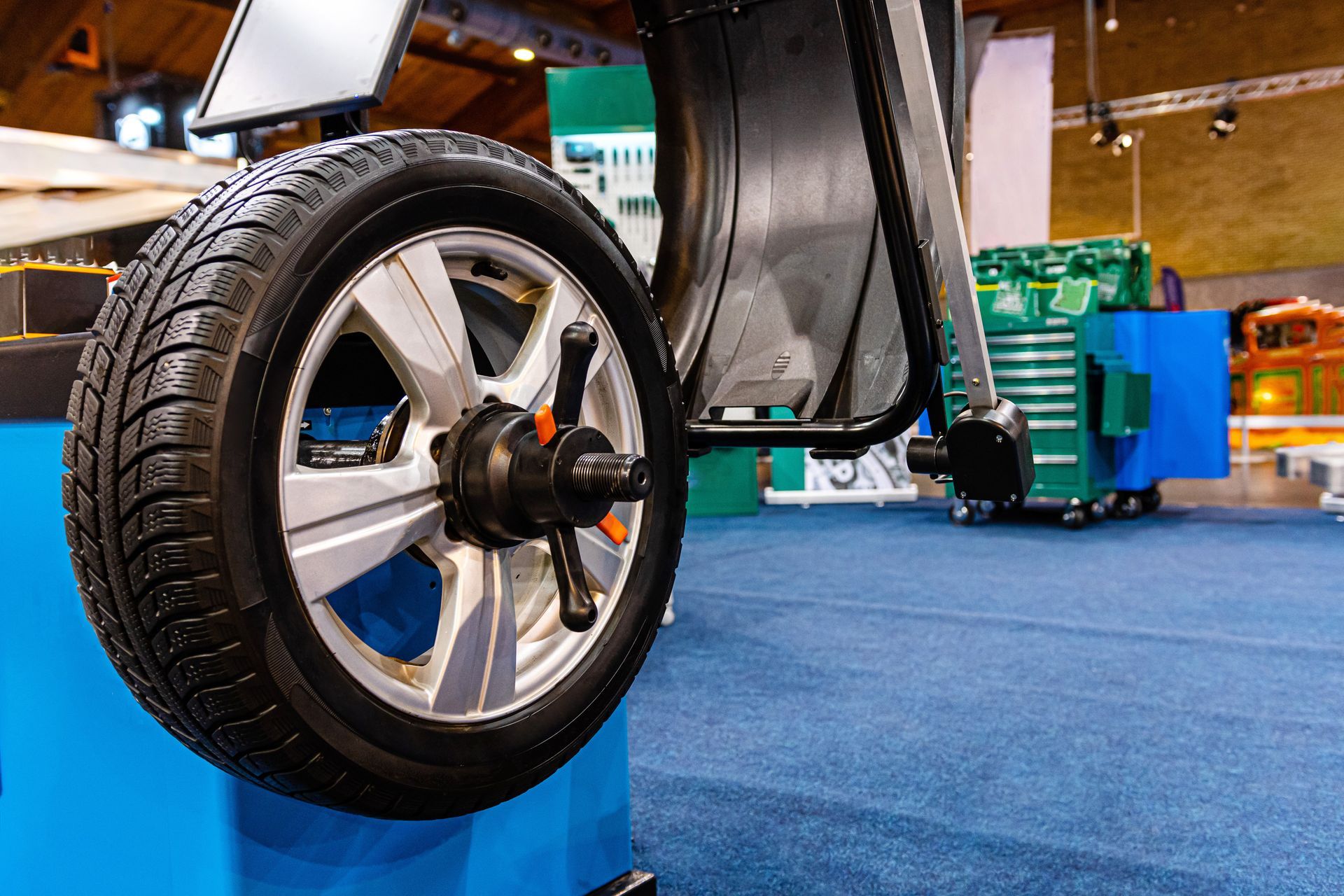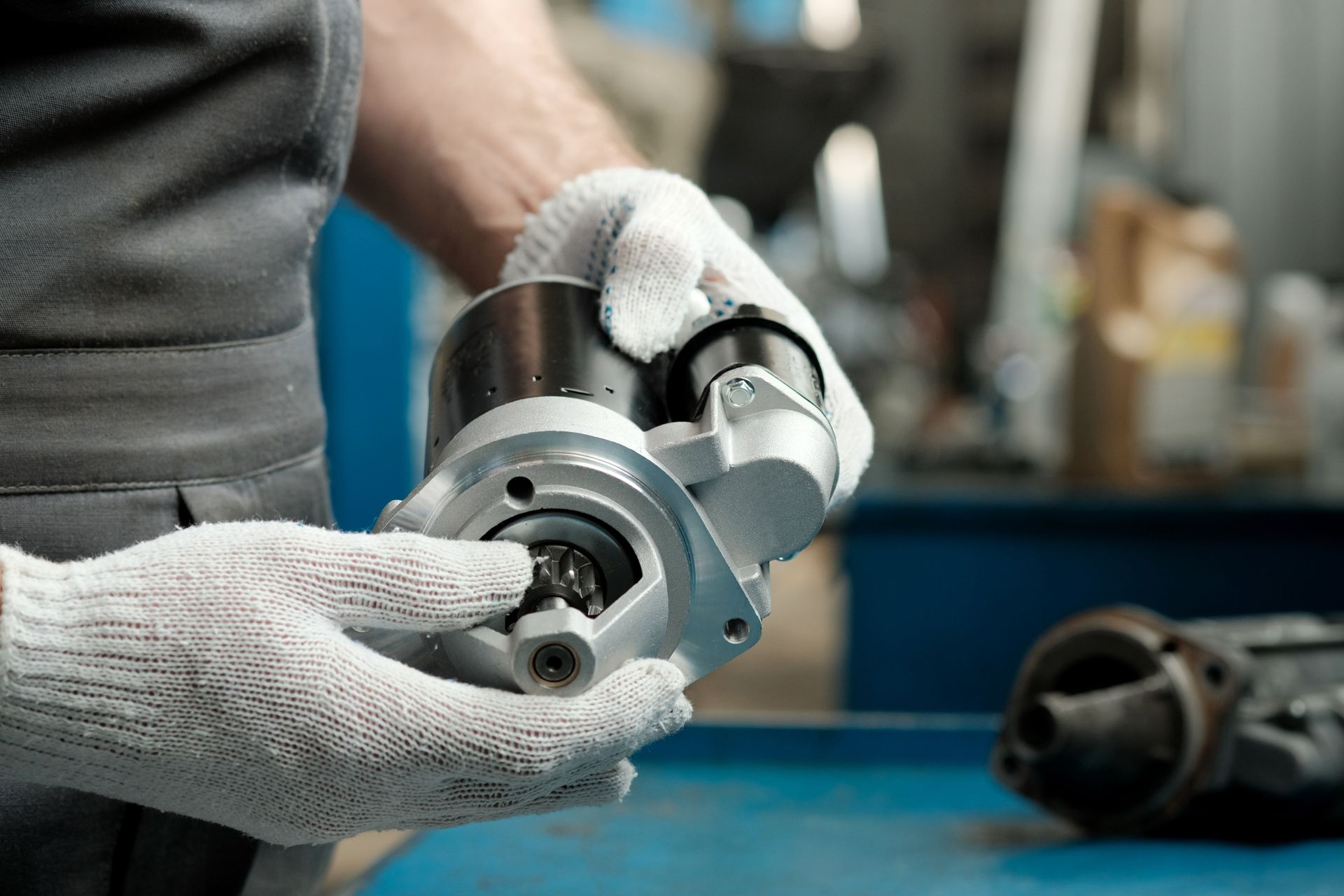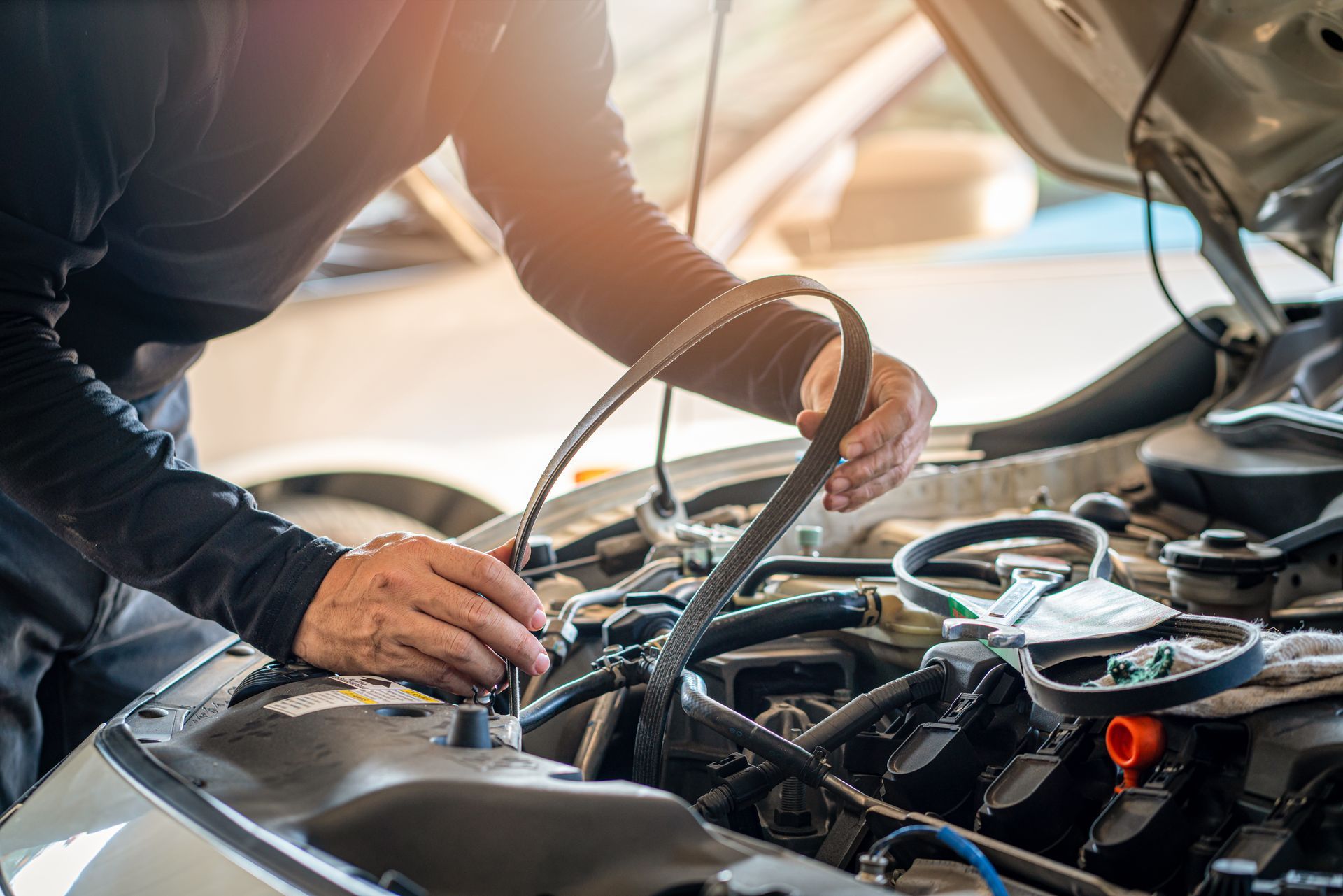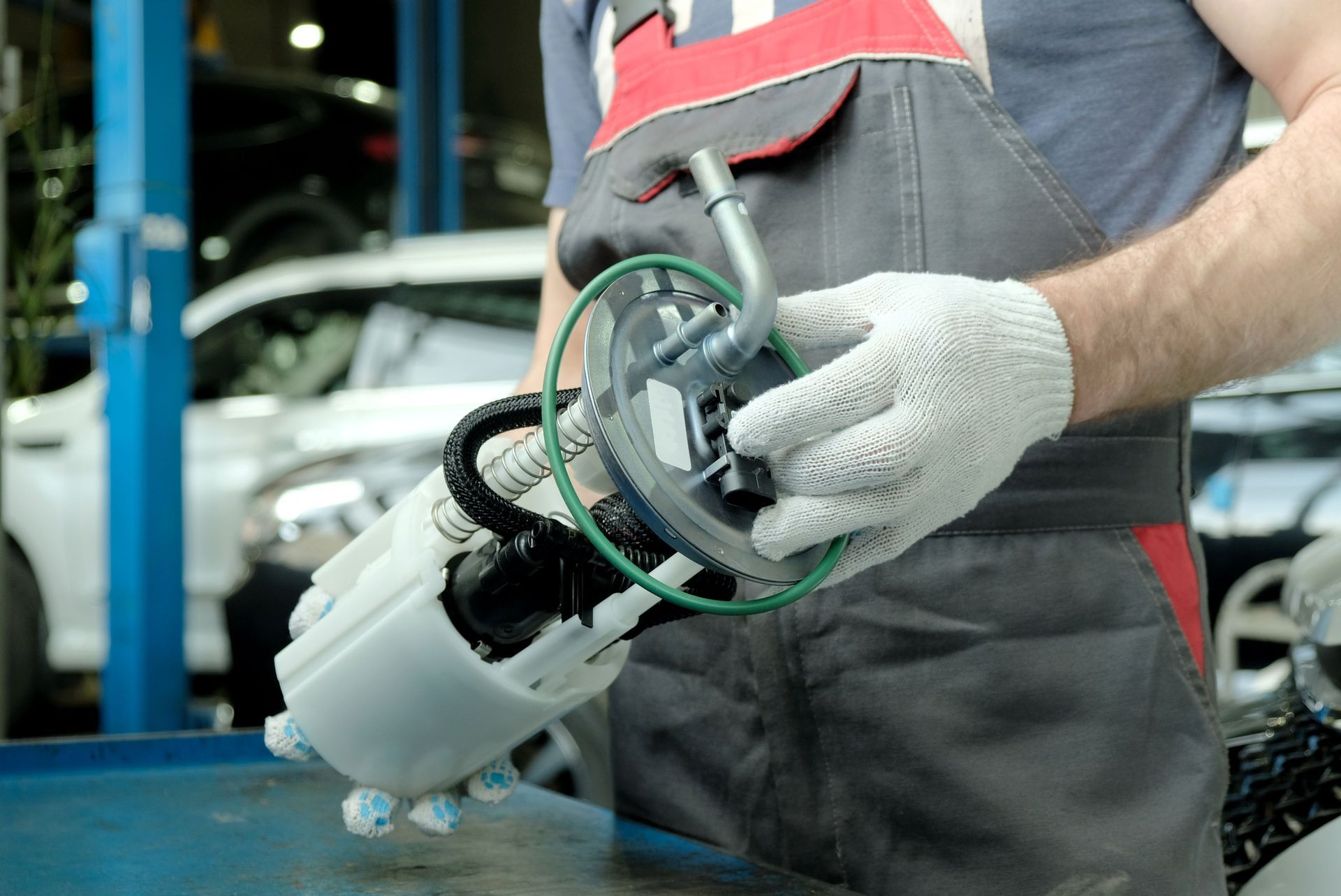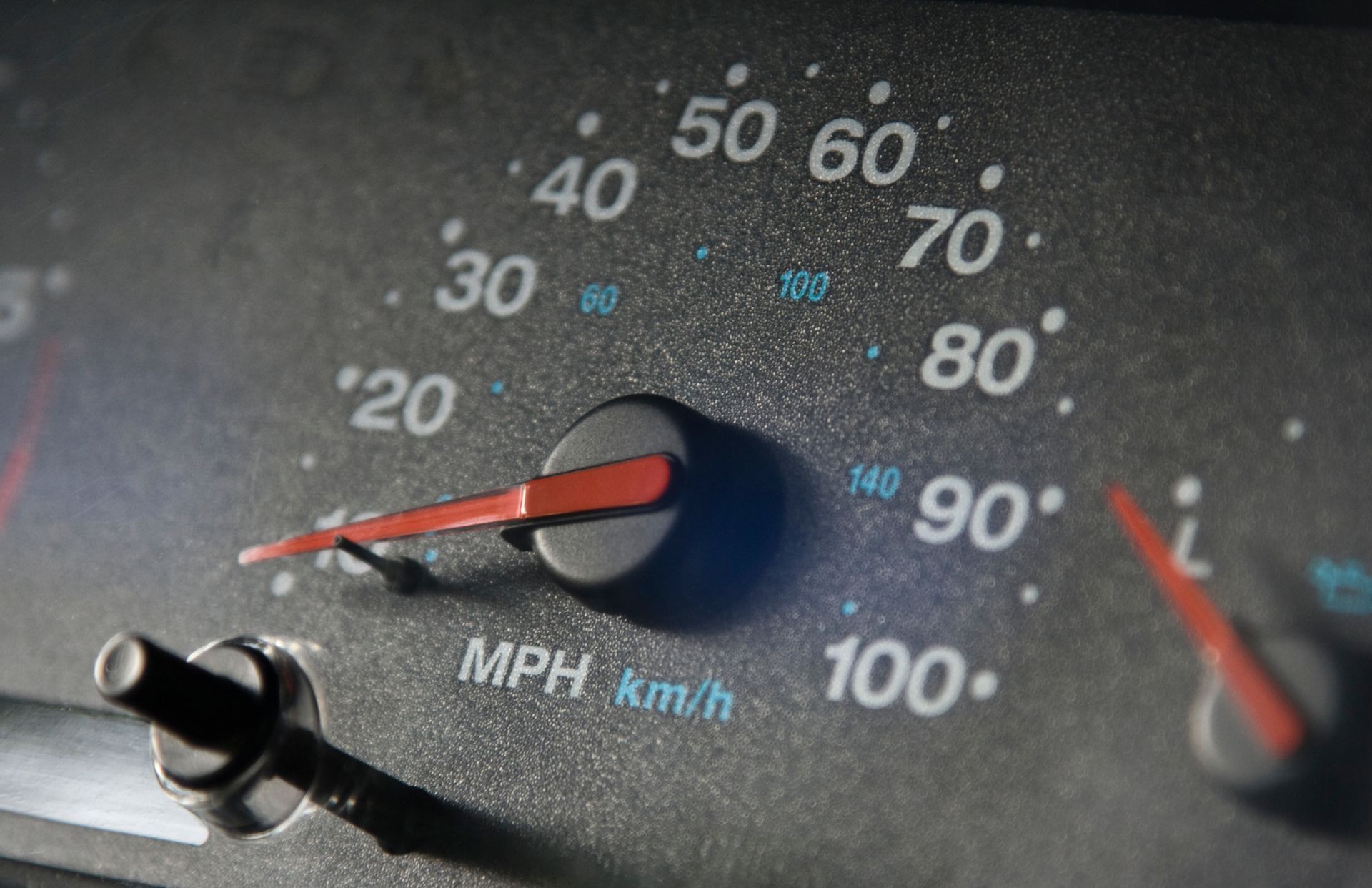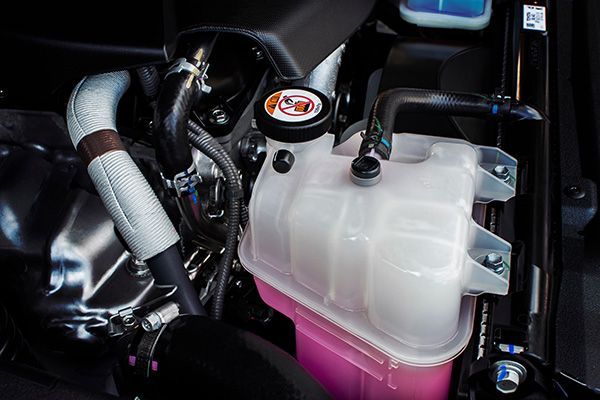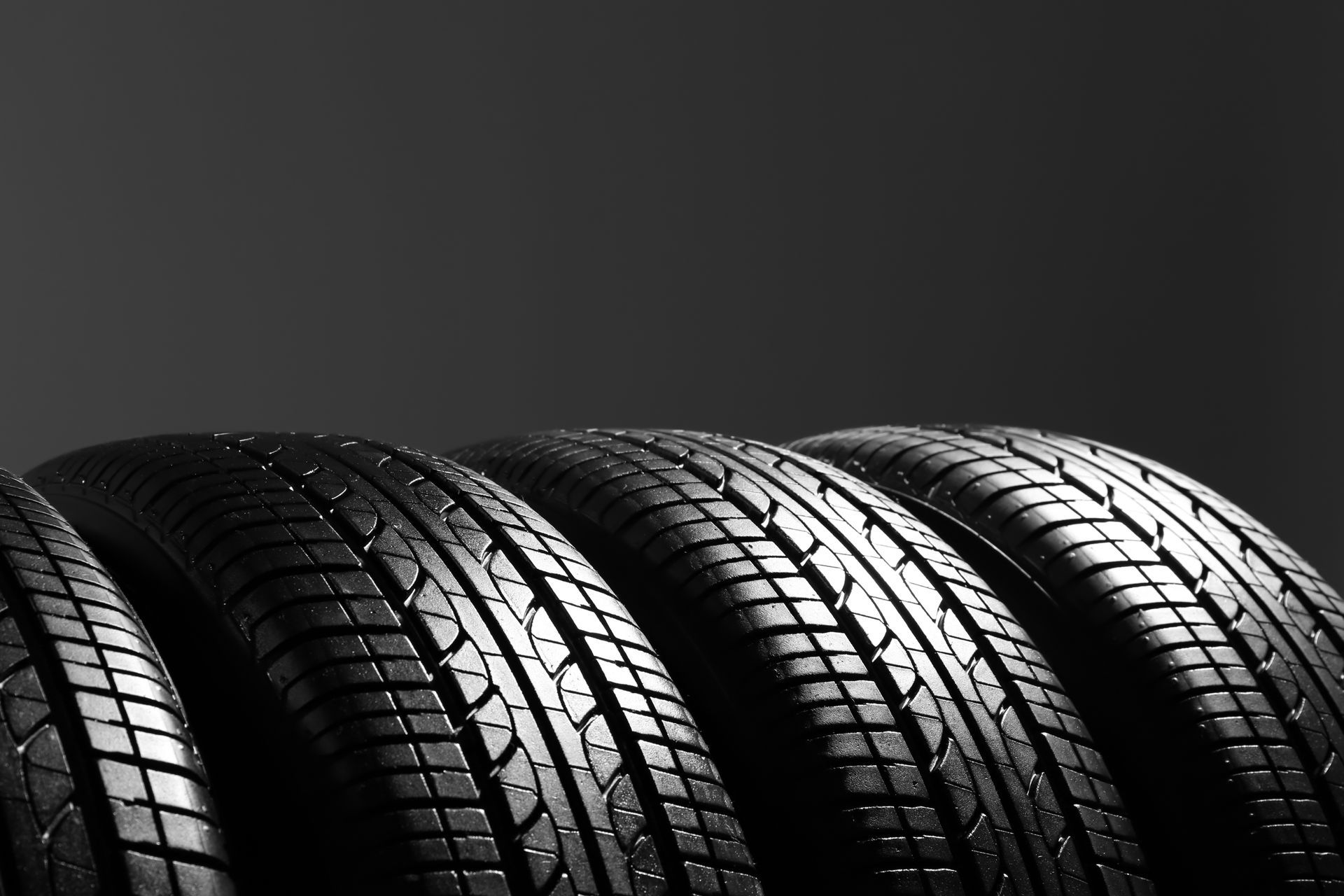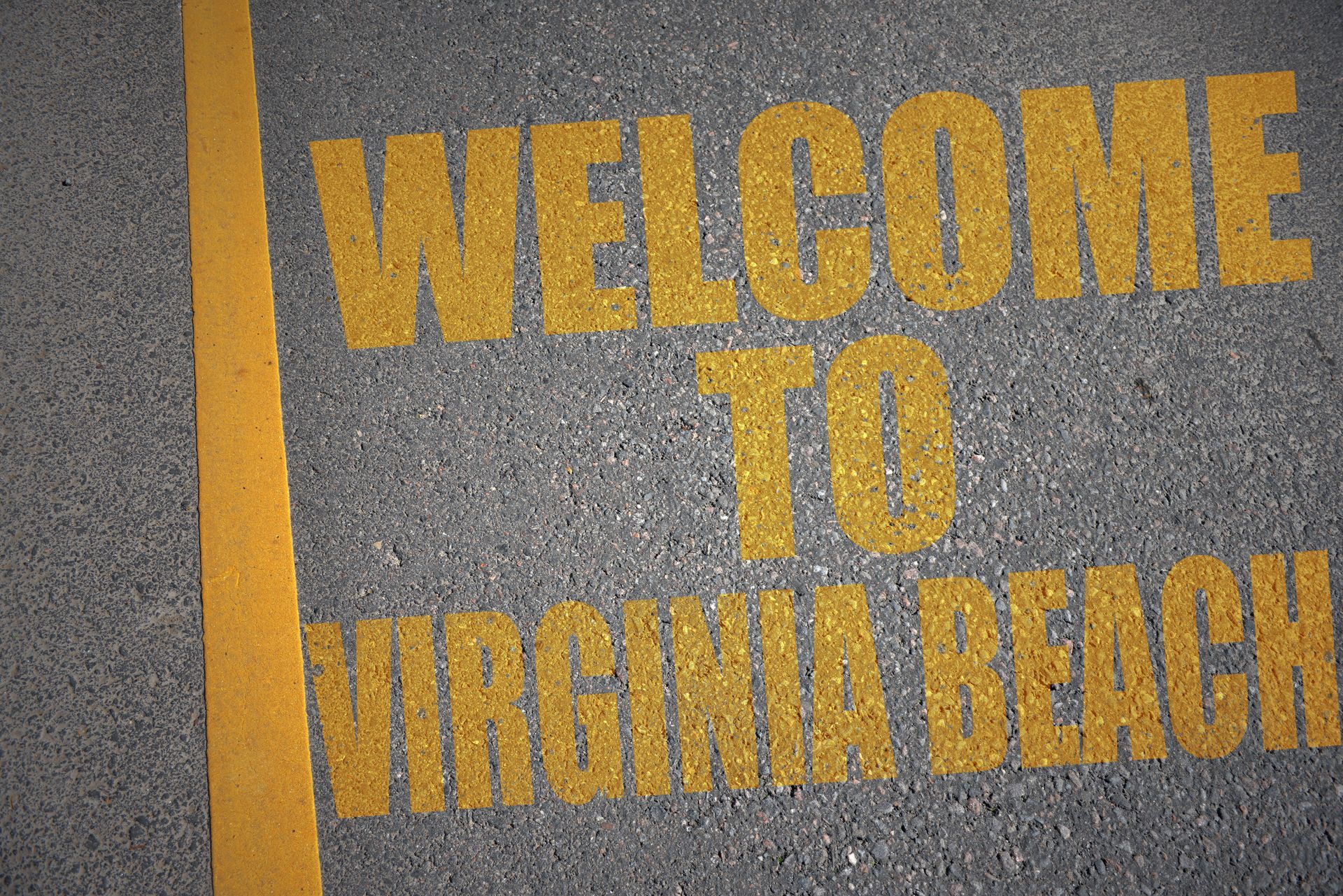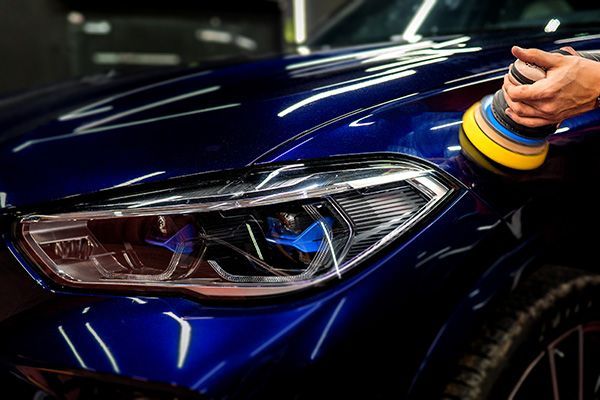The Role of Coolant in Engine Health:
A coolant system service is an essential aspect of maintaining your vehicle's engine health. This procedure involves inspecting, flushing, and replenishing the coolant in your vehicle's cooling system. In this article, we'll explore why a coolant system service is crucial, signs that indicate your vehicle may need it, and the basic process involved.
Why Coolant System Service Matters:
1. Engine Temperature Control:
The coolant system is responsible for regulating the engine's temperature, preventing it from overheating. Proper cooling is essential to engine longevity and performance.
2. Freeze Protection:
Coolant contains antifreeze properties that protect your engine from freezing in cold temperatures. Neglecting coolant maintenance can lead to engine damage during winter months.
3. Corrosion Prevention:
Over time, coolant can become corrosive, potentially damaging vital engine components. Regular service helps prevent corrosion.
4. Optimal Heat Transfer:
Fresh coolant ensures efficient heat transfer from the engine to the radiator, maintaining an optimal operating temperature.
Signs Your Vehicle Needs a Coolant System Service:
1. Overheating:
If your engine temperature gauge consistently shows high readings or your engine overheats, it's a clear sign of a cooling system problem.
2. Coolant Leaks:
Puddles of coolant under your vehicle or visible leaks in the engine bay indicate a coolant system issue.
3. Low Coolant Levels:
If you frequently need to add coolant to the reservoir, it suggests a potential coolant leak or evaporation due to old coolant.
4. Rusty or Discolored Coolant:
Inspect your coolant reservoir or radiator. If the coolant appears rusty or discolored, it's a sign that it's time for a coolant system service.
The Coolant System Service Process:
1. Drain and Flush:
The technician begins by draining the old coolant from the system and flushing out any remaining residue. This helps remove contaminants and old, ineffective coolant.
2. Inspection:
The cooling system components, including hoses, radiator, and water pump, are inspected for damage or wear. Any worn parts are replaced.
3. Thermostat Check:
The thermostat is checked or replaced to ensure it opens and closes correctly, allowing coolant to flow when needed.
4. Coolant Refill:
Fresh coolant is added to the system according to the manufacturer's specifications. The technician ensures the right coolant-to-water ratio for proper freeze and boil protection.
5. Bleeding:
Air pockets in the cooling system can lead to overheating. The technician carefully bleeds the system to remove any trapped air.
6. Pressure Test:
A pressure test is conducted to check for leaks and ensure the system can maintain the required pressure.
7. Final Inspection:
The technician starts the engine and monitors the temperature to ensure it remains within the specified range. They also check for any leaks or unusual noises.
Long-Term Benefits of Coolant System Service:
A coolant system service is a critical part of vehicle maintenance, ensuring your engine stays cool, operates efficiently, and avoids potential overheating and damage. Regularly scheduled coolant system maintenance and prompt attention to signs of cooling system issues are essential for your vehicle's longevity and reliability. Always consult with a professional mechanic or service center for guidance on when and how to perform this essential service for your vehicle.

